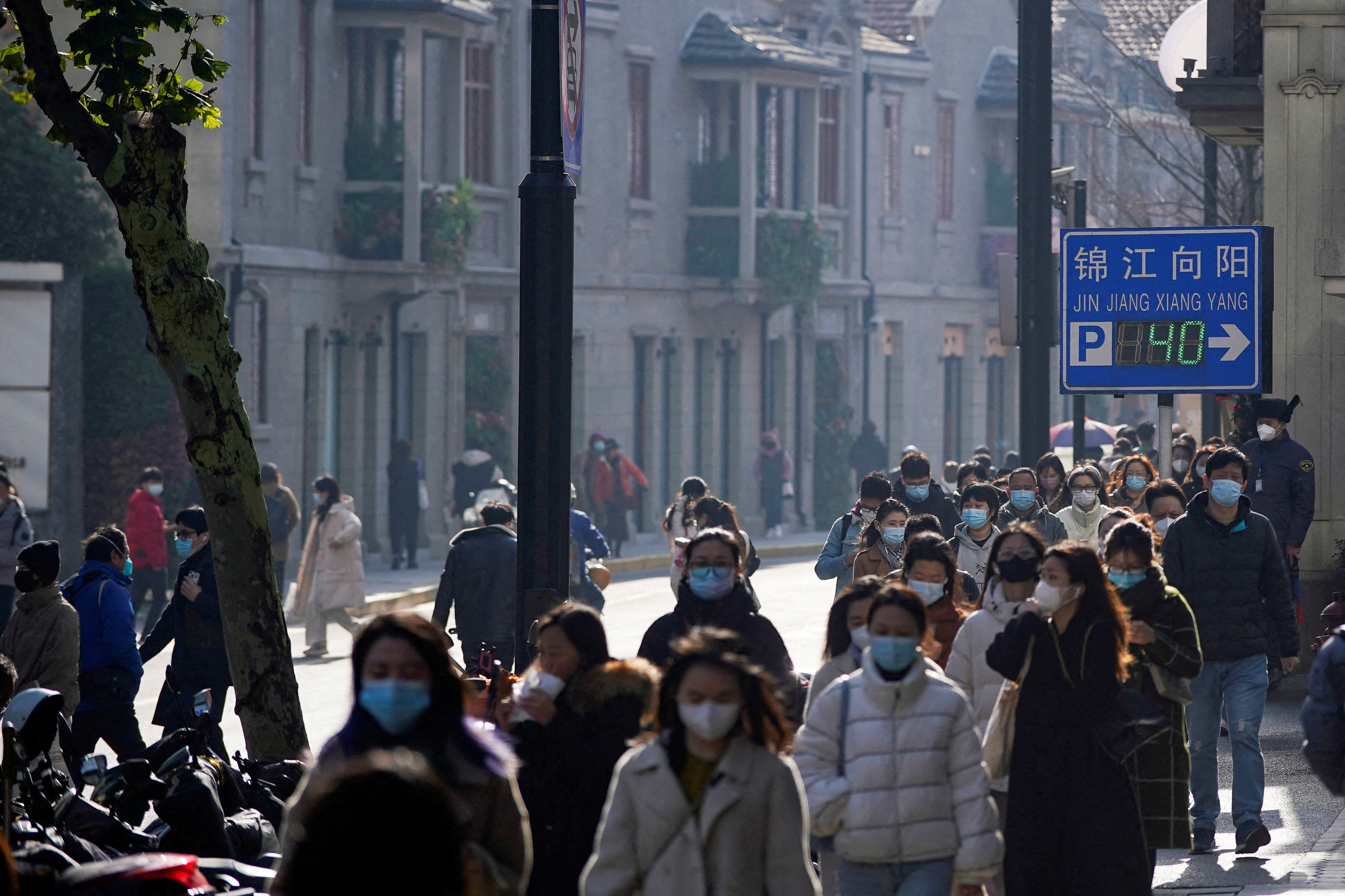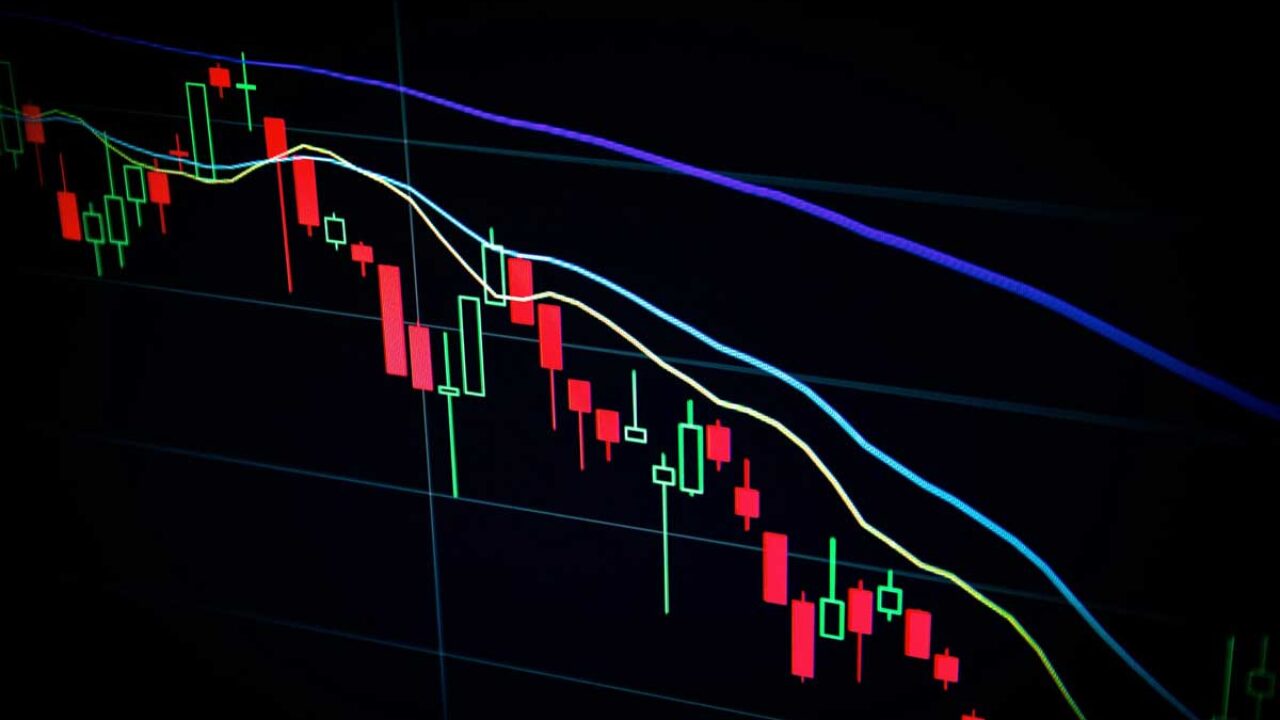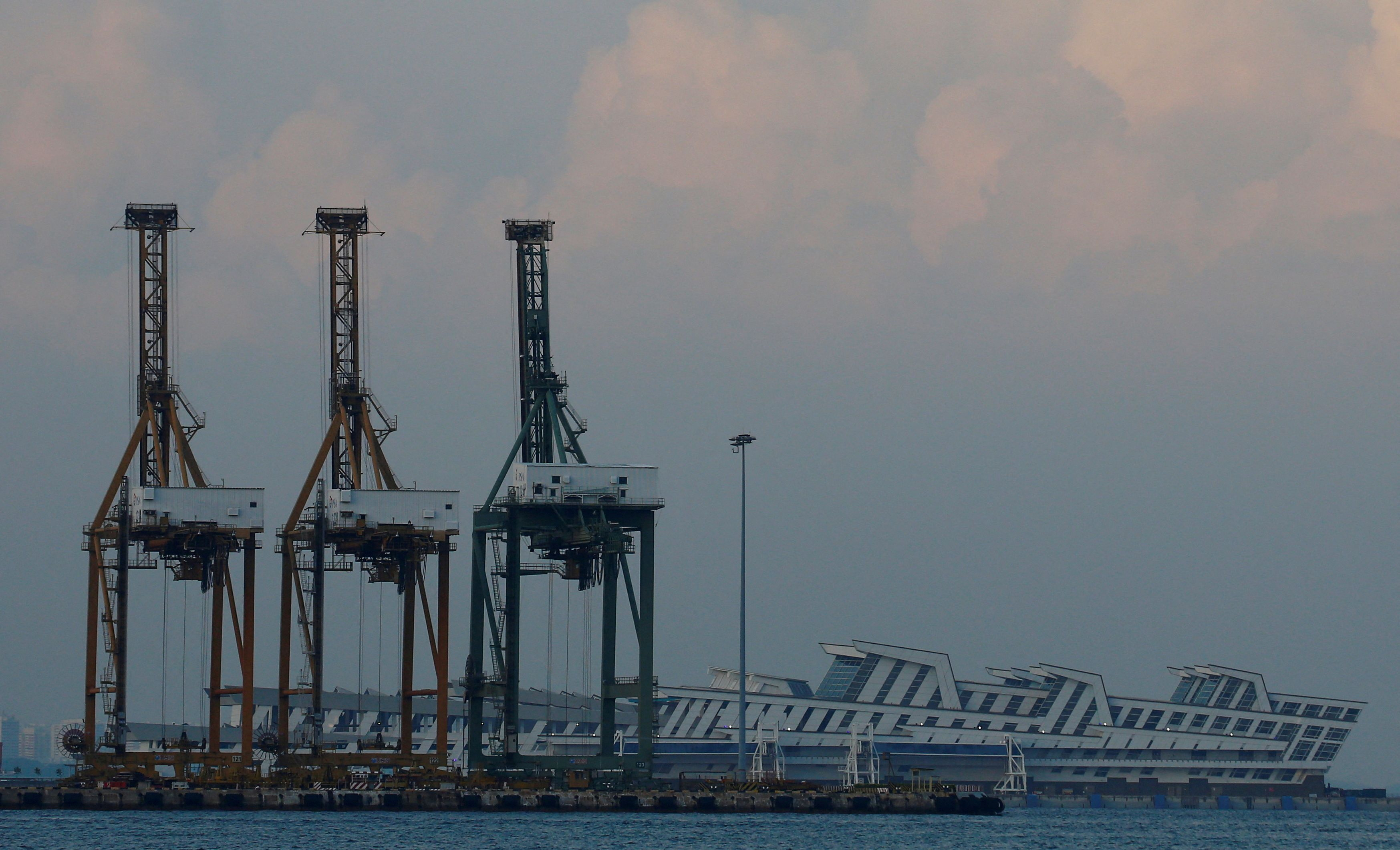Singapore Downgrades GDP Outlook, Avoids Recession in 2023

Singapore Downgrades GDP Outlook, Avoids Recession in 2023
GDP growth from April to June was seasonally adjusted at 0.1%, less than the 0.3% rise expected in the government’s advance estimate. The first quarter saw a 0.4% decline.
After narrowly avoiding a recession in the second quarter, Singapore modestly lowered its economic projection for 2023 on Friday, citing poor global demand as a significant drag on its trade-dependent economy.

GDP growth from April to June was seasonally adjusted at 0.1%, less than the 0.3% rise expected in the government’s advance estimate. The first quarter saw a 0.4% decline.
Although the likelihood of a protracted downturn has increased due to the nine-month streak of declining industrial output and exports, a trade ministry official said at a news briefing that a technical recession, defined as two consecutive quarters of contraction, was not anticipated this year.
According to a statement from the Ministry of Trade and Industry (MTI), the economy grew by 0.5% annually compared to the preliminary estimate of 0.7% and 0.4% growth in the first quarter.
Despite a prolonged decline in the electronics industry, manufacturing will continue to be sluggish, and the financial and insurance sectors are expected to be muted, according to MTI.
The government lowered its prior prediction for GDP growth to 0.5% to 1.5% this year from 0.5% to 2.5%. In 2022, the economy expanded by 3.6%.
Singapore is anticipating a modest recovery in the second half of the year, anchored by inbound tourism and the resilience of consumer-facing sectors providing some cushion to growth, according to Yong Yik Wei, chief economist at MTI. However, the manufacturing slowdown is proving to be “a little bit more protracted” than the government initially thought.
The Straits Times stock index fell 0.6% in morning trade, behind other Asian markets.
In keeping with the authorities’ forecasts that core prices should fall further in the second half, there was some relaxation in the inflation rate in June’s numbers after it had stayed high in the first half of this year.
At the same event on Friday, an official from the central bank stated that growth and inflation trends were within forecasts and that the Monetary Authority of Singapore’s (MAS) policy stance was “appropriate”.

Despite the slowing trend, analysts do not anticipate any monetary policy changes at the MAS meeting in October. Because prices are still high and another round of goods and services tax increases will be imposed the following year, MAS will be reluctant to loosen policy, according to Barclays analyst Brian Tan.
After tightening policy five times since October 2021 in response to worries over the city-state’s development prospects, MAS maintained its current policy settings in April.
On the plus side, the region’s post-pandemic rebound should help the consumer-driven and tourist industries.
In 2023, Singapore adjusted its economic forecasts, pointing to a downgraded Gross Domestic Product (GDP) outlook for the year. Despite these downward revisions, the city-state staved off a full-blown recession. This article delves into Singapore’s economic situation, its implications, and the factors that helped the nation navigate these tumultuous financial waters.
Singapore’s Ministry of Trade and Industry (MTI) announced a downward revision of its GDP growth projections for 2023. Initially, optimistic figures were tapered down as various sectors showed signs of deceleration, prompted by many external and internal factors.

Factors Leading to the Downgrade
- Global Supply Chain Disruptions: Singapore, a major trade and logistics hub, was affected by worldwide disruptions. These hiccups not only affected manufacturing but also had a ripple effect on tertiary sectors that depend on timely deliveries of goods.
- Decrease in Tourist Inflow: Despite the easing of travel restrictions in many parts of the world, Singapore witnessed a decline in tourist arrivals. Various reasons contributed to this slowdown, including economic uncertainties and changing travel patterns.
- Reduced Consumer Spending: Locally, there was a palpable hesitation in consumer spending. The uncertainty brought about by global economic conditions led many to adopt a conservative approach to expenses.
- Property Market Cool-down: After years of bullish performance, Singapore’s property market began to cool. This had a significant impact on sectors associated with real estate and construction.
Though the downgraded GDP outlook might paint a bleak picture, Singapore’s ability to avoid a recession underscores the robustness of its economic framework and adaptive strategies.
Singapore’s economic model has always emphasized diversification. While some sectors faced downturns, others, like technology and biomedical industries, showed resilience and even growth, offsetting broader negative trends.

The Singaporean government is known for quick and strategic interventions during economic downturns. In 2023, the government unveiled several measures, from tax rebates to stimulus packages, to aid businesses and promote spending.
Singapore’s banking and financial sector remained strong, offering a buffer against economic adversities.
Continual investment in technology parks, incubators, and startups means Singapore remains at the cutting edge of innovation, which continues to drive growth in specific sectors.

The downgrade in GDP outlook is a timely reminder of Singapore’s vulnerability to global economic fluctuations, given its role as a small, open economy. However, its ability to sidestep a recession also attests to its financial resilience.
For the future, it’s clear that Singapore will need to continue its diversification strategy, investing in emerging sectors while shoring up its traditional strongholds. Moreover, there will be a need to relook at and adapt to evolving global trends, such as shifts in trade dynamics or the post-pandemic ‘new normal’ in the tourism sector.

2023 has been a challenging year for many global economies, and Singapore was no exception. However, its ability to navigate these challenges, adapting and innovating, showcases the nation’s economic resilience and strategic foresight. As the world shifts, so too does Singapore, poised to meet the challenges and opportunities of tomorrow.
To establish a subsidiary in Singapore, follow these steps:
- Register the Subsidiary: This involves submitting incorporation documents, the parent company’s Certificate of Registration, a resolution for the appointment of directors, and proof of the subsidiary’s Singapore address.
- Meet Legal Requirements: Appoint a resident director, have a local registered address, and open a local bank account.
- File Annual Returns: Submit Estimated Chargeable Income (ECI) and annual tax returns.
- Compliance: Adhere to local regulations, including potential audit requirements and employment registrations.
For detailed guidance, visit Open Company Singapore.




